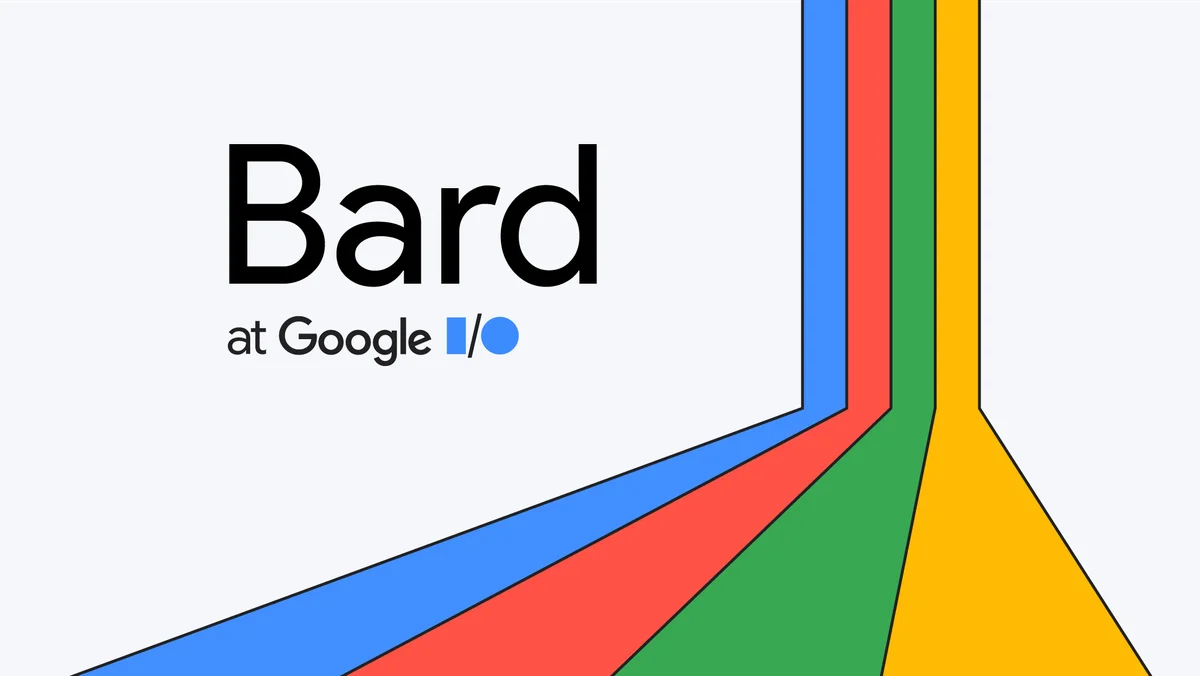Google I/O in May 2023 saw them launching a sort of experimental open-sourced AI platform that is the Google Bard. In our write-up, we theorized that Google Bard is a direct response to ChatGPT, or rather, an attempt to compete with or replicate the technology that is ChatGPT-4. Before you get confused, again, Google’s Bard is not the result of their DeepMind AI project. It is not exactly Google Assistant as well, though sharing plenty of similarities.
At its launch, Google’s Bard was only available in English, Japanese, and Korean. Despite only working in three languages, the experiment was made available in 180 countries at launch. It is also important to know that the Google Bard you see in May’s Google I/O 2023 is not in its first iteration.
A few months on and Google is updating Bard to be more relevant to plenty more users around the world. The latest update to Bard makes it now available in over 40 languages, including the ones it started with. They also made it available in more than the original 180 countries including countries in the European region and Brazil. Of course, this is not where Google will stop with Bard. They are still planning to bring their Bard service to more regions in the future, but they are also doing it in stages in accordance with regulatory bodies, policy makers, and experts in the different regions they are expanding to. They also say that they are taking privacy and data into consideration when taking steps in expanding their services.
Language is also not the only thing that is being updated in Google Bard. Google has also updated Bard to improve its ability to customize its responses even more. Instead of just written responses, Google Bard can even read out its own response with correct pronunciation in case you are wondering how to say certain words. This is also available in 40 languages in the new update, which makes Bard super useful when you go travel too. You can even customize the responses from Bard by telling it to respond in five different options: simple, long, short, professional, or casual. Like ChatGPT, you can even ask Google Bard to create listings or postings for various things on various platforms. For now, this one is only available in English though. Obviously, the feature will be available in more languages as Google Bard collects more contextual data in different languages and regions.
Like your browser history, your interaction with Bard should not only last for that short minute you interact with the platform. The platform makes it easier for you to revisit conversations and topics you might have dropped off from with Bard. You can now pin your conversations and rename them so that you can archive it and bring it up on a later date when you have the time or whenever necessary. They have also improved Bard’s coding capabilities by now offering the ability to export Python codes to Replit and Google Colab to make coding much easier and faster. You can even share your Bard conversations with your friends and have them see the ideas you have thought of with the help of Bard. Google Lens is also now integrated into Bard. That means you can either take a photo or upload images with prompts or requests and Bard will analyze the photo to help with its responses.






